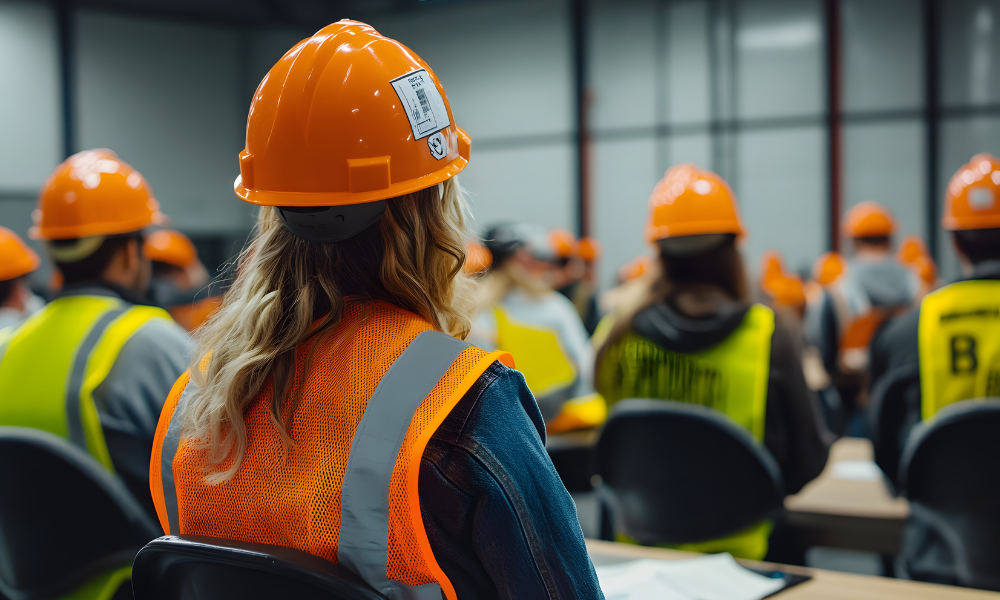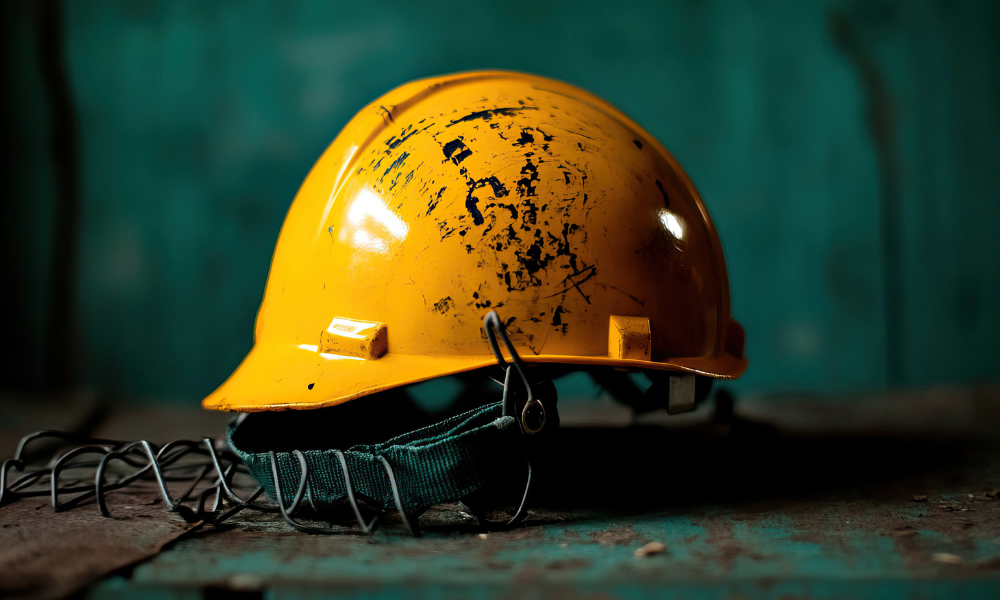'Not one second of resistance' says Siemens Canada safety leader about needing time off

"You can’t always build these programs from the bottom up. You must start from the top," says Nada Vuckovic, head of environment, health and safety and sustainability officer at Siemens Canada. As she prepares to take the stage at the Women in Safety Summit in Calgary next month, she is eager to share her insights on a critical issue: fostering mental health and psychological safety at every level of an organization.
Vuckovic joins a fireside chat focused on equipping safety professionals with the tools to create a culture where employees feel empowered to speak up about their mental well-being. For her, psychological safety is not just a buzzword—it’s an organizational imperative.
Culture of support from the top down
In a world where burnout and workplace stress are rising concerns, Vuckovic is focusing on the need for leadership-driven change. "When we talk about well-being and mental health, how does that impact all of us?" she asks. As a safety leader, she ensures mental health is a priority in every discussion, from frontline employees to executives.
At Siemens Canada, Vuckovic says this commitment is more than just talk. The company conducts global well-being surveys twice a year, giving employees a chance to voice their concerns. "We take a deep dive into the results and action them," Vuckovic explains. "We ask people where the struggles are so we can better our approach." The goal is to build an environment where employees feel comfortable raising their hands when something isn’t right.
That philosophy extends to leadership itself. Vuckovic shares a personal story of seeking support from her CEO during a difficult time. "There was not one second of resistance. It was, ‘Take the time you need. Make sure you get well. Don’t worry about anything,’" she recalls. This kind of open-door policy, she believes, should be the standard across industries.
Building a toolbox for psychological safety
Vuckovic is excited about the exchange of ideas at the Women in Safety Summit, where professionals from different industries will share challenges, successes, and best practices. "Everyone in that room cares about health and safety," she says. "We’re all trying to find different tools to put in our toolbox, so we can bring them back to our workplaces and help our people."
One of the key takeaways from the panel discussion will be practical strategies for identifying signs of stress and burnout, as well as creating sustainable mental health programs, such as Employee Assistance Programs (EAPs), wellness initiatives, and informal "growth talks" instead of rigid performance reviews.
For Vuckovic, ongoing dialogue between employees and leadership is crucial. "We no longer have the typical performance reviews. Instead, we have ‘growth talks’—ongoing, informal meetings where employees can discuss their challenges, aspirations, and well-being," she says.
More than a panel—a movement
Beyond the insights shared on stage, Vuckovic sees the summit as an opportunity for meaningful networking and collaboration. "We often speak through emails, but it’s important to have face-to-face introductions, to really understand what others are going through in their industries," she explains.
She is looking forward to hearing about the challenges that professionals in other sectors face when implementing mental health programs. "I know my company inside and out, but what about those in other industries? What barriers do they face? How can we help each other?" she asks.
As she prepares to take the stage, Vuckovic is eager to be part of a conversation that is long overdue. "Mental health is all around us—our children, our colleagues, our parents. We can’t ignore it anymore," she says. "This isn’t just about policies—it’s about people. And we all have a role to play."
The Women in Safety Summit Calgary promises to be more than an event—it’s a catalyst for change.




